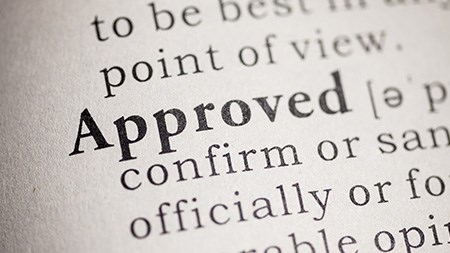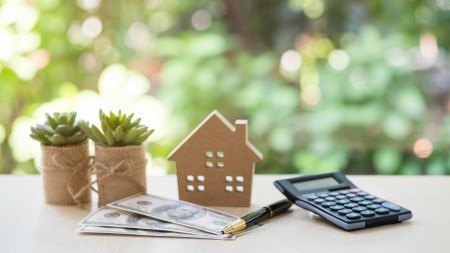If you want to start getting wealthy this year, stop borrowing to pay for all the things that may make you feel rich – like fancy cocktails, designer clothes and furniture, luxury cars and overseas holidays - and start saving to buy a home of your own as soon as possible.
That’s the word from Rudi Botha, CEO of BetterBond, the country’s biggest mortgage originator, who says a lack of financial education in SA is causing too many young people to confuse the outward signs of prosperity with real wealth, “which is all about acquiring assets that are going to keep growing in value”.
This misconception, he says, is reflected in the overuse of credit cards and personal loans and the fact that unsecured lending continues to grow at a much faster rate than securing lending such as home loans. “According to the latest available Reserve Bank figures, household unsecured credit balances, which include credit cards, overdrafts and personal loans, have been on a rising trend since the start of 2018 and showed a year-on-year growth rate of 8% at the end of October.
“By contrast, household secured credit balances, which include home loans and vehicle finance, showed a year-on-year growth rate of 4,4% at the end of October, with most of the growth coming from vehicle finance and other instalment sales. Separated out, the total value of outstanding home loan balances showed year-on-year growth of just 3,8% at the end of October.”
However, says Botha, the truth is that you can buy nothing with a credit card or a personal loan – with the possible exception of a home improvement – that is going to increase your actual wealth. “In fact, this type of borrowing will systematically make you poorer because whatever you buy will steadily decrease in value to the point that it is hardly worth anything by the time you have spent a lot of money paying for it.
“What is more, being saddled with the high-interest rate monthly repayments on credit cards and personal loans will inhibit your ability to save a deposit, obtain a home loan and buy your first home and start laying the foundation of your future wealth.”
See also: 10 common credit card mistakes
Build wealth - buy a home
Although property values have grown very slowly over the past few years, he says, young people should have no doubt that home ownership is the best way for most ordinary consumers to build wealth. “For example, recent figures from the US Federal Reserve show that the net worth of the average homeowner is 44 times as much as the net worth of the average tenant – and that the gap is even bigger for people over 65, when those who are homeowners have usually paid off their bonds.
“Meanwhile, the FNB House Price Index shows that real (after inflation) home values in SA have grown by an average of almost 90% since 2001 – which is of course great news for those who might have bought their homes then and by now are almost finished paying them off.”
In addition, Botha notes, a home purchase is just about the only investment that ordinary consumers can ‘gear’ by paying a relatively small percentage of the purchase price as a deposit, in order to reap all the benefits of any growth on the total value.
Indeed, starting by buying a home is the only way for most young people to really get ahead and start building real wealth for themselves and their families that will give them a real stake in the economy.
“What is more, it is the only one where the process can be accelerated through their own efforts to build equity at the same time as the asset is growing in value – and as SA’s top bond originator that is something we can really help with, by using our multiple-lender application process to make sure they obtain a home loan at the lowest interest rate possible.”
Most buyers are not aware of this, he says, but even a relatively small reduction in interest rate can make a really big difference to the speed with which you are able to pay off your bond – and to the interest rate savings which you can then add to your wealth.
“On a 20-year home loan of R1m, for example, a 0,5% interest rate reduction will shave almost R4000 a year off your bond repayments, and if you keep putting just that amount back into your home loan account, you will pay off your home two years early and save more than R143 000 in interest.”





